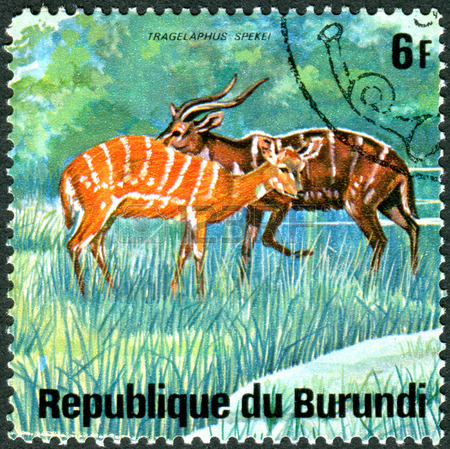The world’s leading countries are busy with ongoing conflicts and wars in areas of strategic importance to them. Organisations that work with humanitarian issues and post-war healing have exhausted their capacities long ago. It’s repair work but it must be done.
So there is hardly any capacity in the world to do what would be much more productive: Prevention of violence (yes, not of conflict but of violence).
By Jan Oberg, TFF director
For decades, there has been talk of early warning – but if it works at all, there is little or no early listening and even less early action.
If it all worked as it ought to, the world would have aviolence-prevention machinery in place and it would, these very days, plan what to do before a catastrophe descends upon a small, beautiful African country – poor,mal-developed and of no strategic significance to bigger powers.
That is, it would do a genuine humanitarian interventionto save lives in time.
Children in Muramviya, Burundi © Jan Oberg
The world’s relative neglect of Burundi and the mounting internal problems
Since the genocide in the two neighbouring countries, Rwanda has probably been mentioned 100 times whenBurundi was mentioned 1. Rwanda got the diplomatic attention, the investments, the aid, the Hollywood movies and books.
Annually when the world commemorated the genocide that took place in both countries, everybody talked about Rwanda as if Burundi didn’t exist.
One reason apart from sheer ignorance is that ”only” 300.000 were killed in Burundi’s genocidal civil war while three times more in Rwanda. About Burundi’s civil war.
Every year the development aid given to Burundi was around or less than 50% of what donor countries had pledged. Today, the two capitals Bujumbura and Kigali are like two different worlds.
The best the world has done for Burundi was the remarkable UN mission which, regrettably, the Burundian government always wanted somehow to get rid of.
It can be argued the consequences of this relative neglect by the world are now becoming visible.
Combine that with the last few days of rioting against President Nkurunziza’s extremely dangerous manoeuvring to be elected for a third term and we have a situation that may soon present itself as yet another major human tragedy the world failed to do anything about before it was too late.
With the accumulated experience from TFF’s projects in Burundi from 1999-2012*, I believe there are extremely strong reasons to produce not only lame, standard diplomatic statements but to take action to prevent a new catastrophe…
It offers the background, basic facts about Burundi, why the country has gone from being a remarkably positive story out of Africa and now on the brink of disaster, how President Nkurunziza and his ruling party has moved in the direction of dictatorship.
And it discusses what could, in principle, be done – and should not be done – now to prevent the country from descend into widespread, horrific violence.
* TFF was involved in establishing and training various civil society organisations in subjects such as conflict-understanding, nonviolence, organisational management and development.
The author has been working with the Ministry of Foreign Affairs to develop an international information strategy, taught at a university, helped establish two youth organisations and done photographical work.
TFF continues to post media updates on
the situation in Burundi on Facebook here











